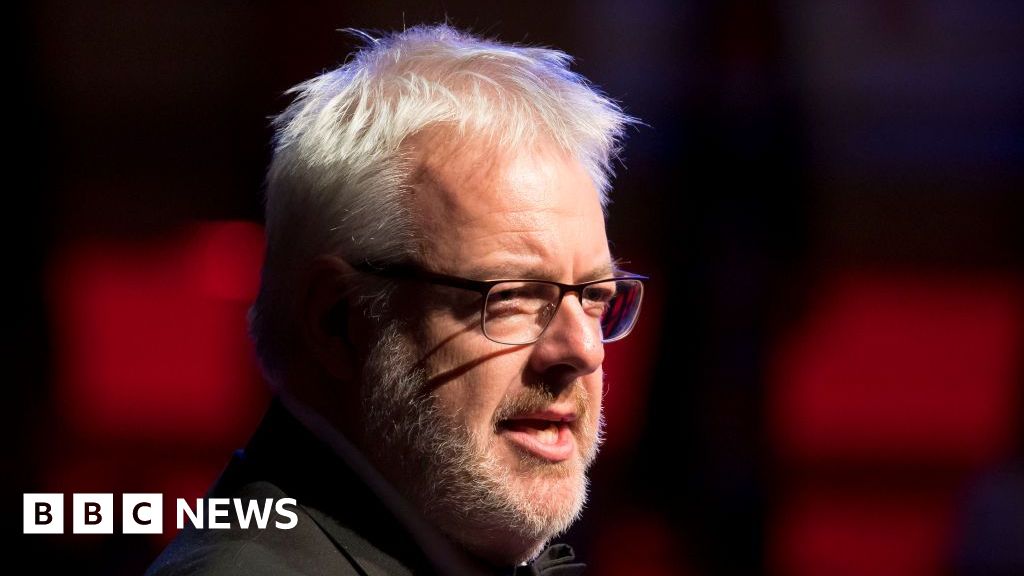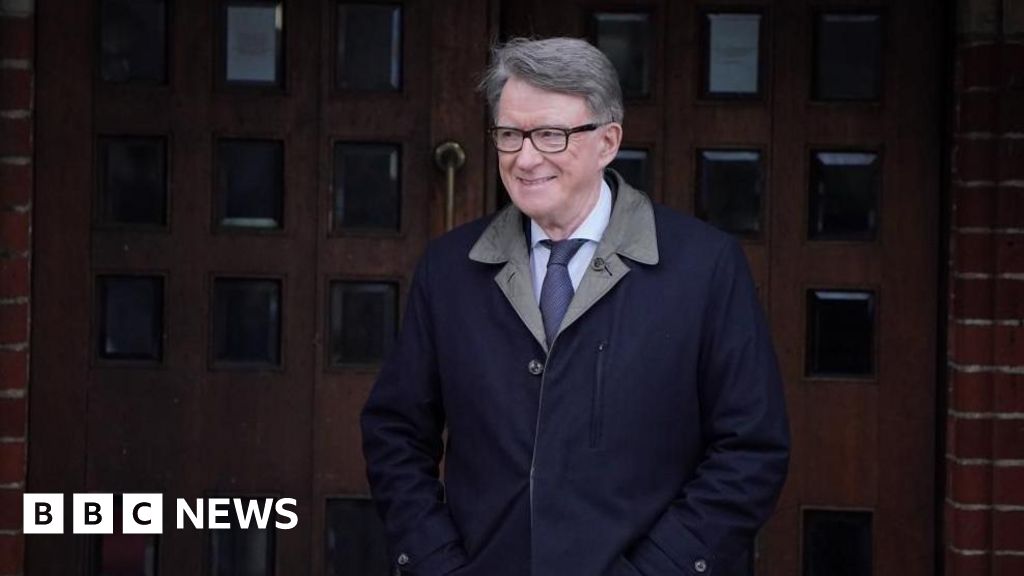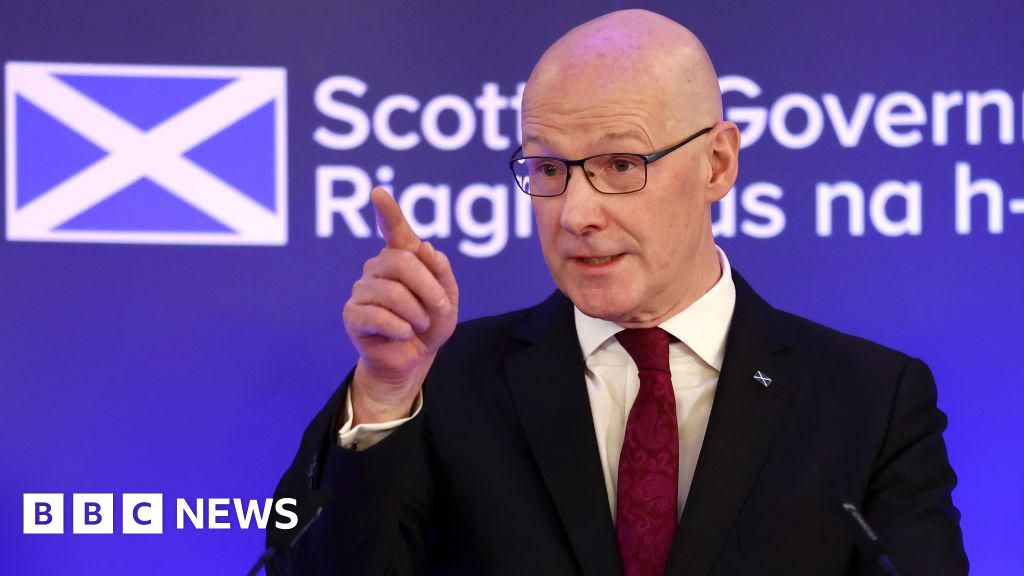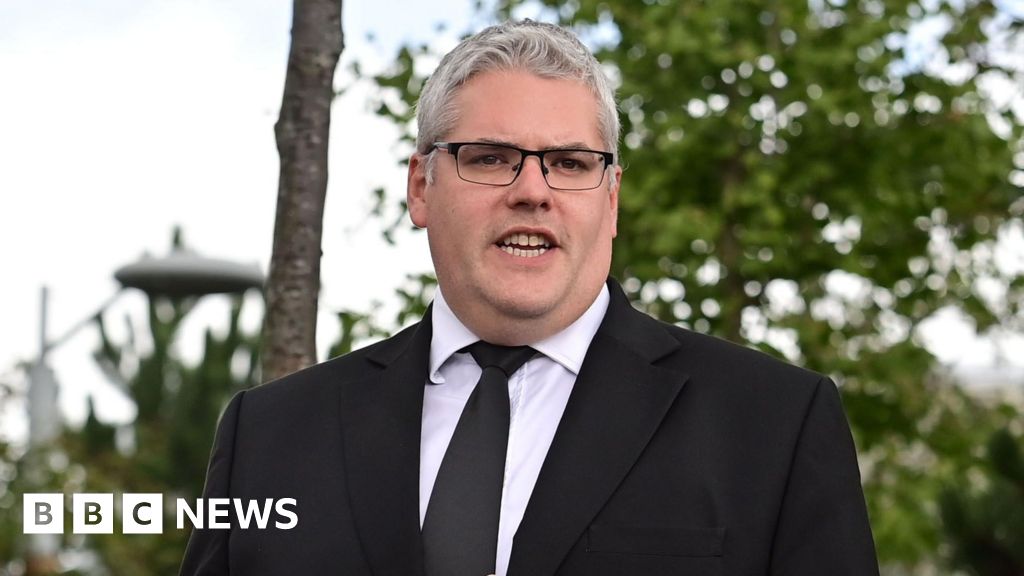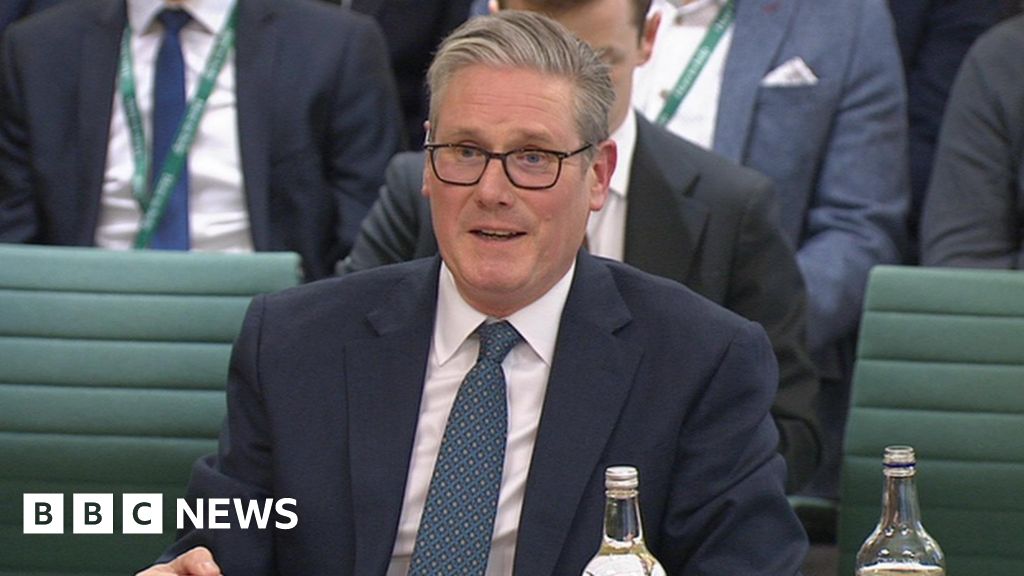The prime minister has appeared to dismiss suggestions the government could raise capital gains tax (CGT) as high as 39% in this month's Budget.
Sir Keir Starmer said such speculation was "wide of the mark", although he did not elaborate further.
For higher earners, the levy is currently 24% on gains from selling additional property, or 20% on profits from other assets like shares.
Chancellor Rachel Reeves has warned that some taxes will rise in the Budget on 30 October, claiming the government has left a £22bn hole in the public finances.
The Guardian reported last week that Treasury officials were modelling a potential rise in CGT between a range of 33% to 39%.
Asked by Bloomberg whether he could reassure investors that any potential rise would not be as high as 39%, Sir Keir replied: "Quite a lot of speculation is getting pretty wide of the mark."
Pressed on whether he was referring to a 39% rise, he said: “Yeah, it’s getting to the area which is wide of the mark.
“But I’m not going to fuel the speculation, because we can go on like this for a very long time till Budget day.
“Everybody knows that until Budget day, none of it is going to be revealed."
CGT is payable by individuals, but also self-employed sole traders, partners in business partnerships and company owners, among others.
On profits above £3,000, it starts at a rate of 10%, or 18% on profits made from selling residential property other than a main home.
It then rises to 20% on any amount above the basic tax rate, or 24% on property.
Labour has ruled out raising the rates of income tax, VAT or National Insurance (NI) paid by employees, as well as corporation tax.
But it has not ruled out raising the amount of NI paid by employers, fuelling speculation that such a rise could be on the cards.
The prime minister was speaking at a government summit, at which ministers are hoping to showcase investment into the UK.
He added that tax rates were "not the first thing" investors had raised with him, adding their “real focus” was on how the government could spur growth by making it easier to get approval for infrastructure projects.

 2 months ago
15
2 months ago
15
